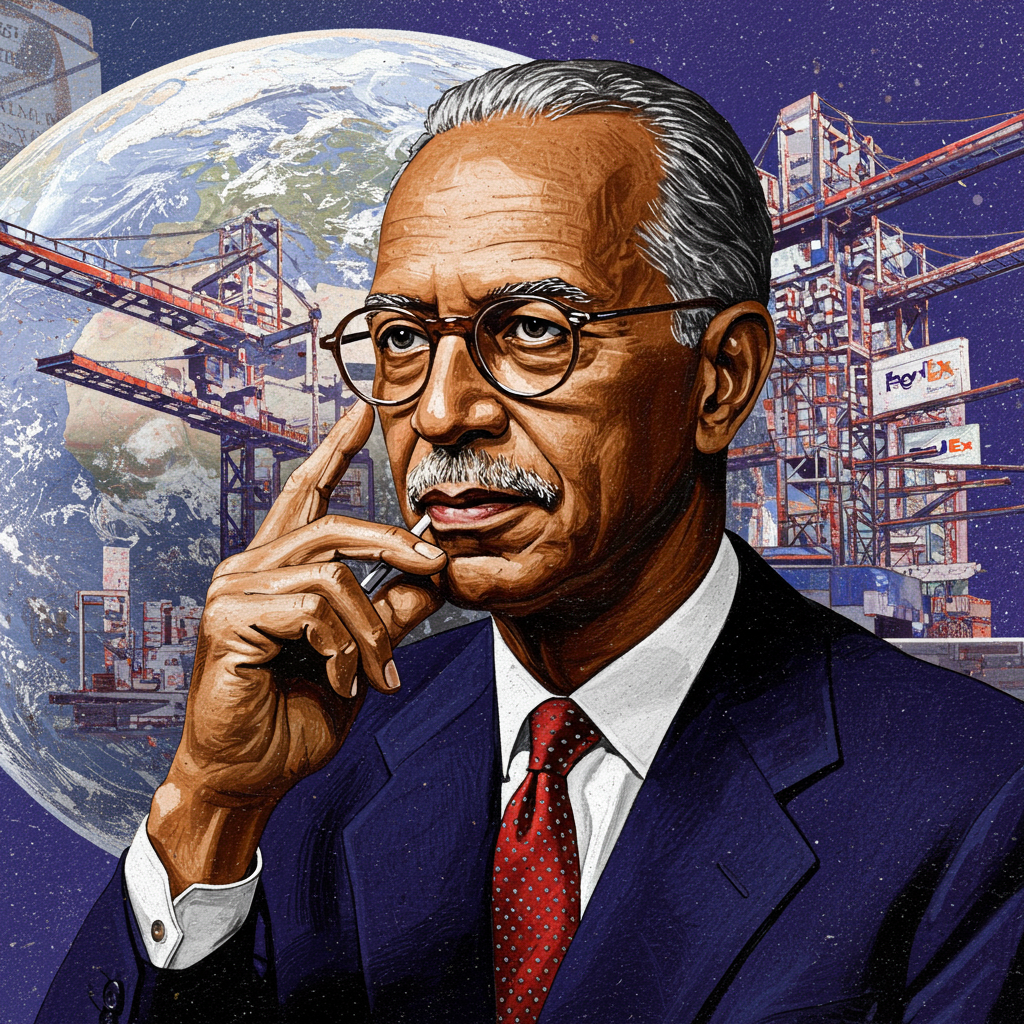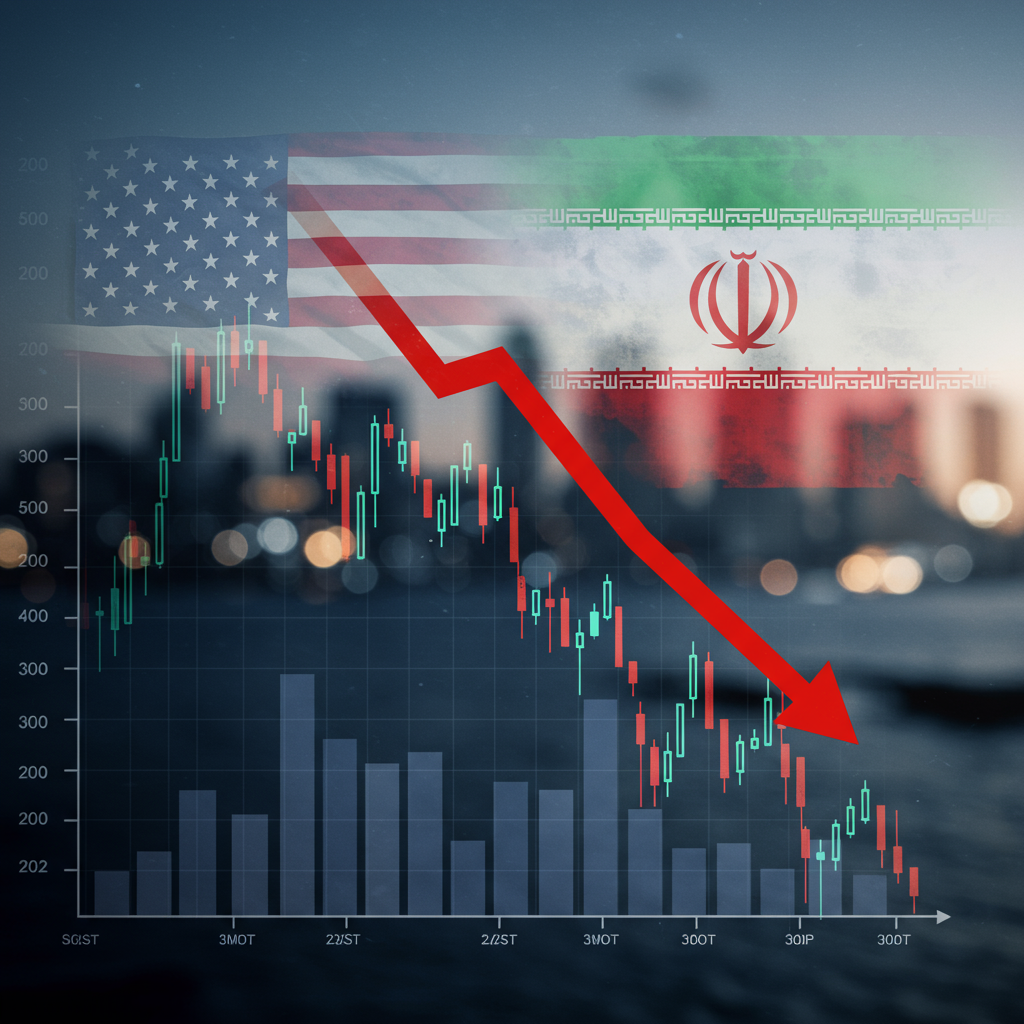Frederick W. Smith, the visionary founder of FedEx, has passed away at the age of 80. His death marks the end of an era for the logistics industry and prompts a reflection on a remarkable entrepreneurial journey that built a global giant. While Smith is celebrated for his strategic brilliance and groundbreaking business model, his story also features moments so improbable they beg the question: Was Fred Smith the luckiest entrepreneur of all time, or simply one of the best?
Many argue that the answer is a compelling combination of both.
The Legendary Vegas Gamble
Among the most enduring anecdotes about FedEx’s early days is the story of a near-death financial experience. According to Roger Frock, the company’s first general manager and chief operating officer, FedEx (then Federal Express) was perilously close to collapse shortly after launching in 1973. Facing insurmountable fuel costs and a failed last-ditch financing attempt, the company was effectively broke.
In a move that has become the stuff of legend, Fred Smith took the company’s remaining $5,000 and flew to Las Vegas. When asked later where the desperately needed funds came from, Smith reportedly shrugged and stated he won $27,000 playing blackjack.
As Frock recounted, his shock was immense: “You mean you took our last $5,000— how could you do that?”
Smith’s reply underscored the sheer desperation: “What difference does it make? Without the funds for the fuel companies, we couldn’t have flown anyway.”
The $27,000 wasn’t a long-term solution, but it bought the company another week of operations, a critical sliver of time that allowed FedEx to ultimately secure the necessary funding to survive and thrive. It’s a story often told with a caveat: kids, definitely do not try this at home. Beyond the obvious financial recklessness, the legality of using corporate funds for gambling remains a serious question.
Skill Meets Fortune: Fred Smith’s Genius
While the Vegas tale highlights incredible fortune, it overshadows the undeniable skill and vision that formed the foundation of FedEx.
Revolutionary Idea: The core concept for FedEx originated in a term paper Smith wrote at Yale University in 1965. He envisioned an overnight delivery system for small, time-sensitive packages, a need largely unmet by existing passenger airlines or trucking companies. The idea was initially met with skepticism, reportedly receiving a C grade.
Building a Network: Smith didn’t just have an idea; he built the complex, hub-and-spoke logistics network required to make it work, centered initially in Memphis. This operational model was revolutionary.
Sustained Growth: Under his leadership, FedEx grew from a struggling startup to a global powerhouse, becoming a $50 billion corporation by the time he stepped down as CEO in 2022.
The Role of Luck in Entrepreneurship
Yet, alongside the brilliance, fortunate circumstances undeniably played a role in Smith’s success, extending beyond the famous gamble:
Survival: Smith served two tours in Vietnam as a Marine officer, surviving being wounded twice before returning home to start FedEx.
Regulatory Tailwinds: Perhaps one of the most significant external factors was the deregulation of the air cargo industry in 1977. This legislative change drastically lowered barriers to entry and expansion for dedicated cargo airlines like FedEx, opening up massive opportunities for growth that aligned perfectly with Smith’s model.
Fred Smith’s story isn’t entirely unique in featuring elements of chance or bold risks. Many successful companies point to moments of fortunate timing or audacious decisions in their history. Consider the early days of Microsoft acquiring an operating system it didn’t yet fully own to sell to IBM, Twitter emerging from a side project at a failing podcasting company, or Zoom’s unprecedented surge during a global pandemic.
Preparedness Meets Opportunity
The takeaway might not be that entrepreneurs must be reckless risk-takers, but rather that the most successful often work tirelessly to minimize risk while simultaneously positioning themselves to capitalize when opportunities or strokes of luck appear. It’s a variation on the classic observation attributed to Louis Pasteur: “Chance favors the prepared mind.”
Success requires immense hard work, strategic planning, and perseverance to simply be in* the game when fortunate breaks occur.
When asked about his legacy, Fred Smith typically deflected, focusing on the present and the ongoing work. He stated his legacy would be the success of the company he built and the success of his children.
That, coupled with an inspiring story of vision, tenacity, and maybe just enough luck, is a profound legacy indeed. Rest in peace, Mr. Smith.




